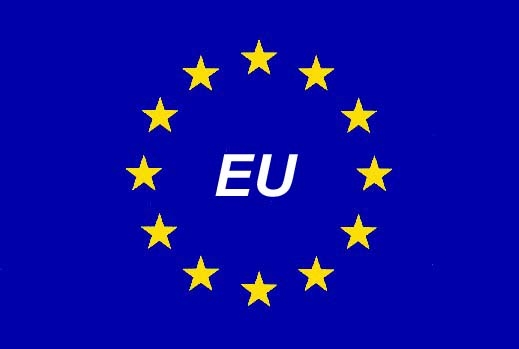Serbia could become EU candidate in 2009, Barroso says
 Brussels - Serbia could become a candidate for European Union membership as early as 2009 following the capture of war-crimes indictee Radovan Karadzic, European Commission President Jose Manuel Barroso said Wednesday.
Brussels - Serbia could become a candidate for European Union membership as early as 2009 following the capture of war-crimes indictee Radovan Karadzic, European Commission President Jose Manuel Barroso said Wednesday.
"If everything goes according to plan, and all the conditions are met, it will be possible to give candidate status to Serbia in 2009," Barroso said after a meeting in Brussels with Serbian President Boris Tadic.
The commission chief described the July capture of Karadzic as a "milestone" and a "historic moment". He said the EU should now reward Serbia by implementing an agreement on trade liberalization, part of a broader political deal which the EU and Serbia signed in the spring.
However, he stressed that the decision lies in the hands of EU member states, and that Serbia would have to continue with political and economic reforms if it wants to move closer to membership.
Tadic welcomed the comments, saying that the implementation of the trade deal was one of three key steps towards his country's main strategic goal of full EU membership.
The president also stressed that his government was doing everything in its power to arrest two other war-crimes suspects, Ratko Mladic and Goran Hadzic, who are wanted by international prosecutors in the Hague.
"The first day after we find them, we will deliver them," Tadic said.
Since the beginning of the year, the EU has been engaged in an intricate diplomatic dance with Serbia, offering Belgrade a series of deals in a successful bid to boost pro-EU voters in crucial presidential and parliamentary elections.
The key move was the decision on April 29 to sign a Stabilization and Association Agreement (SAA), which is seen as a precursor to candidate status, immediately before parliamentary polls on May 11.
However, under pressure from the Dutch government, the EU decided not to ratify the SAA until Serbia is judged to be cooperating fully with the International Criminal Tribunal for the former Yugoslavia (ICTY) in the Hague.
Dutch officials insist that they will only withdraw their veto once Mladic is arrested and handed to the Hague and ICTY's chief prosecutor, Serge Brammertz, has certified that Belgrade is cooperating fully with his organization.
Brammertz is set to visit Belgrade on September 10 and is expected to brief EU foreign ministers at a formal meeting on September 15.
Serbian Foreign Minister Vuk Jeremic said he hoped EU ministers would agree to implement the trade liberalization agreement of the SAA at their September 15 meeting.
"We have grounds to be optimistic," Jeremic told reporters after a meeting with EU foreign policy chief Javier Solana.
Asked whether the Serbian government was willing to cooperate with the EULEX mission to Kosovo - the Serbian enclave which declared independence in February - Jeremic said that the deployment of the EU's civilian mission would first have to be concurred by the United Nations Security Council.
"Our red lines are clear: We want to work within the boundaries of Security Council Resolution 1244," Jeremic said in reference to the authorization of an international civil and military presence in Kosovo as part of an interim UN administration.
Russia, which is a close ally of Serbia and which holds veto powers in New York, argues that such a resolution, adopted in 1999, does not cover the EULEX mission.
Earlier Wednesday, Tadic had said that his government would not follow Moscow's lead and recognize the independence of Georgia's breakaway regions of South Ossetia and Abkhazia.
"Serbia is not going to do something that is against our interest, because we are defending out territorial integrity and sovereignty by using international law," Tadic said. (dpa)